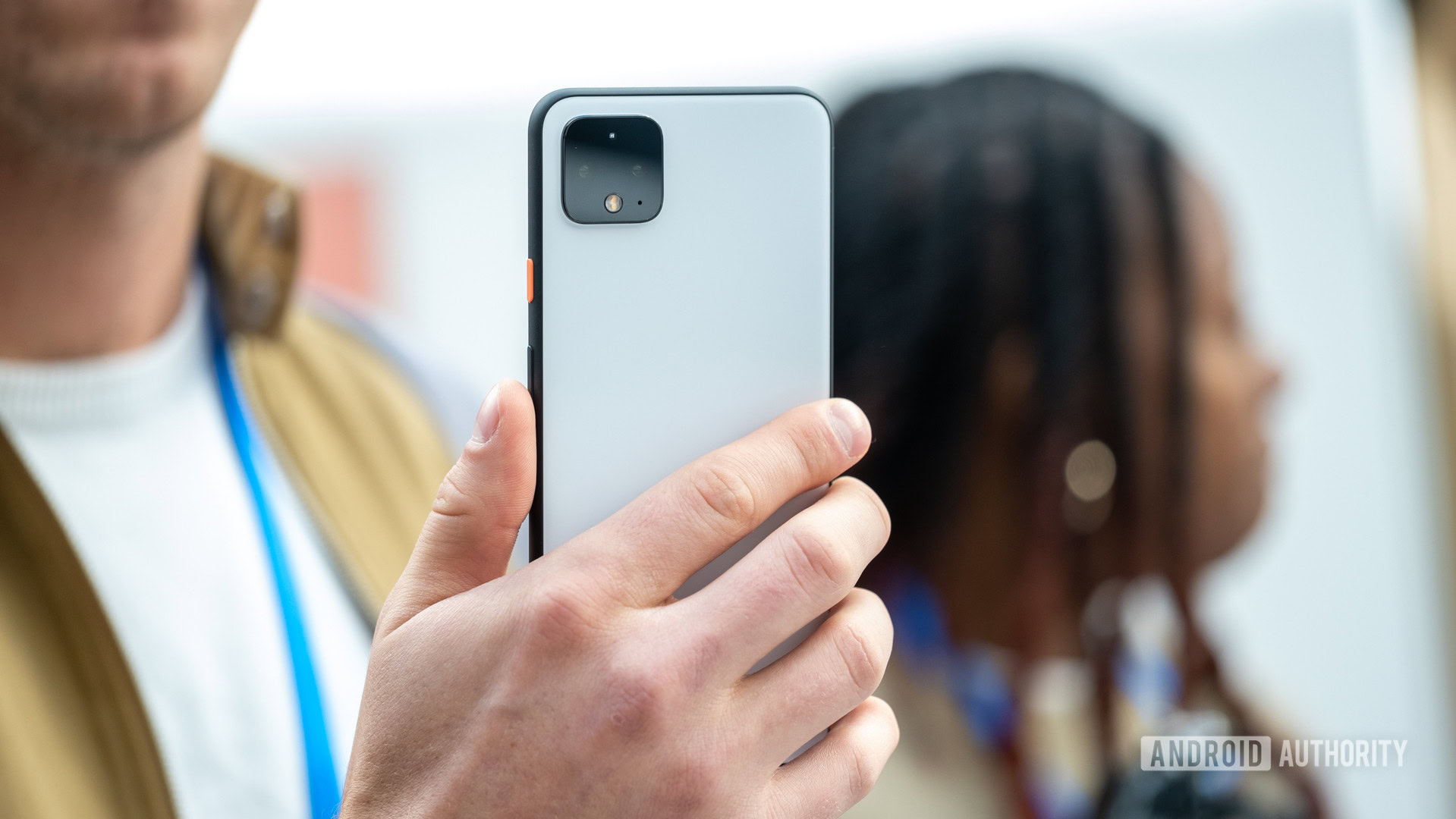Affiliate links on Android Authority may earn us a commission. Learn more.
Experimental COVID-19 test attempts to use your voice to check for symptoms

The current coronavirus pandemic is sweeping the globe, and test kits are running thin as more and more people get sick. That’s why a research team at Carnegie Mellon University developed a cheaper, more accessible way to potentially detect signs of the virus: voice detection (h/t: Futurism).
The team has been working on this solution for a while, and now it has released an early version of a web app called the COVID Voice Detector. The app uses an in-house developed algorithm that attempts to detect signs of infection in the user’s voice.
If you want to try it for yourself, all you need is a smartphone or a computer with a microphone. Once you finish the account setup process, the test will prompt you to cough several times, record a series of vowel sounds, and recite the alphabet. The app then provides a score indicating how likely the algorithm believes you have contracted COVID-19.
We need to make something clear before we continue: This app is by no means a replacement for a clinical coronavirus test and should not be treated as such. If you’re experiencing any symptoms of the virus, be sure to contact your doctor. Again, do not use this web app in place of a visit with your doctor.
Read also: US govt tracking citizens through mobile ads to study coronavirus spread
Although the cough of COVID-19 patients is quite distinctive, the challenge for the research team is getting audio samples from confirmed patients to train the algorithm. The team has been working from home since Carnegie Mellon’s campus is closed, so it has been reaching out to colleagues around the world who have contracted not only COVID-19 but also other viruses. They’ve even used news interviews with patients to increase their dataset.
Because of this sporadic sampling, the team says it’s difficult to quantify the current version of the app’s accuracy. So, the more people who use the app — sick or not — the more data the team will have to train it.
Even in its early stages, this could be a truly valuable tool in helping people track the spread of the coronavirus if they don’t have access to an official test.